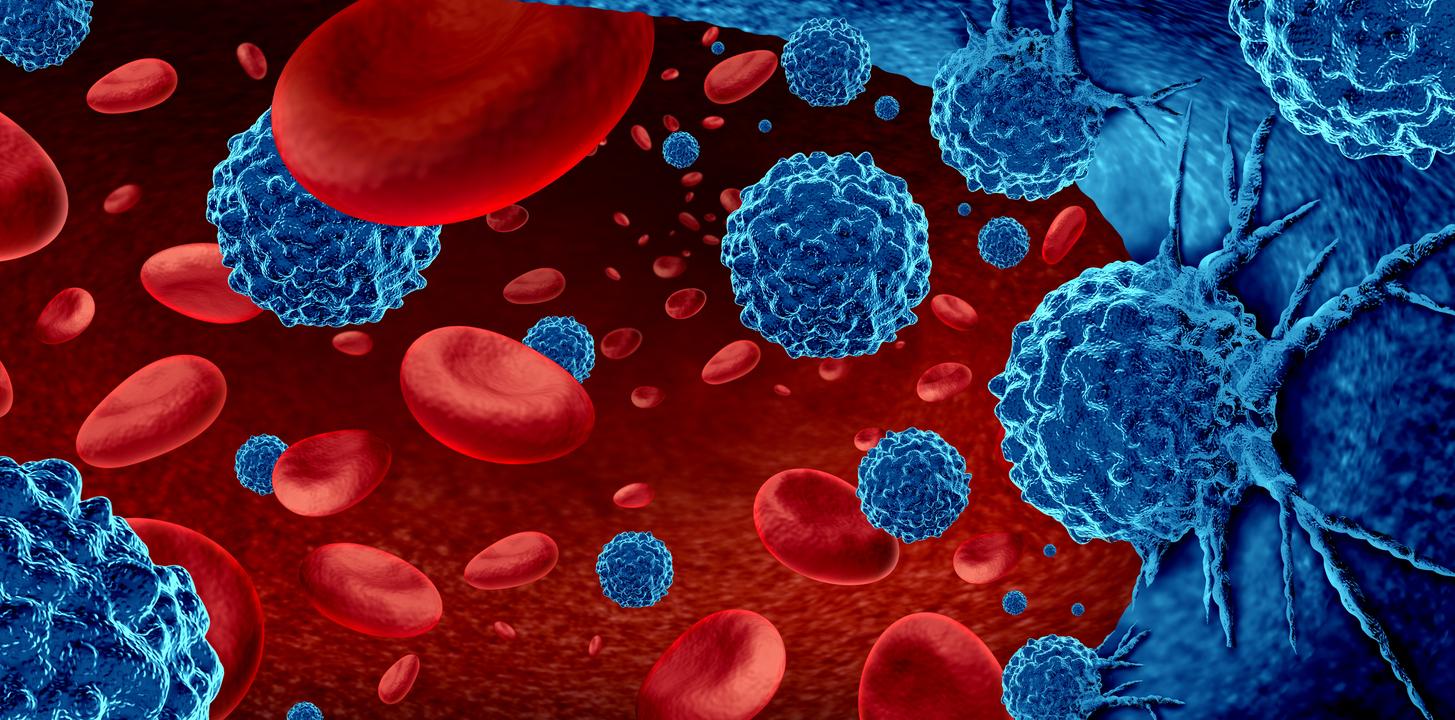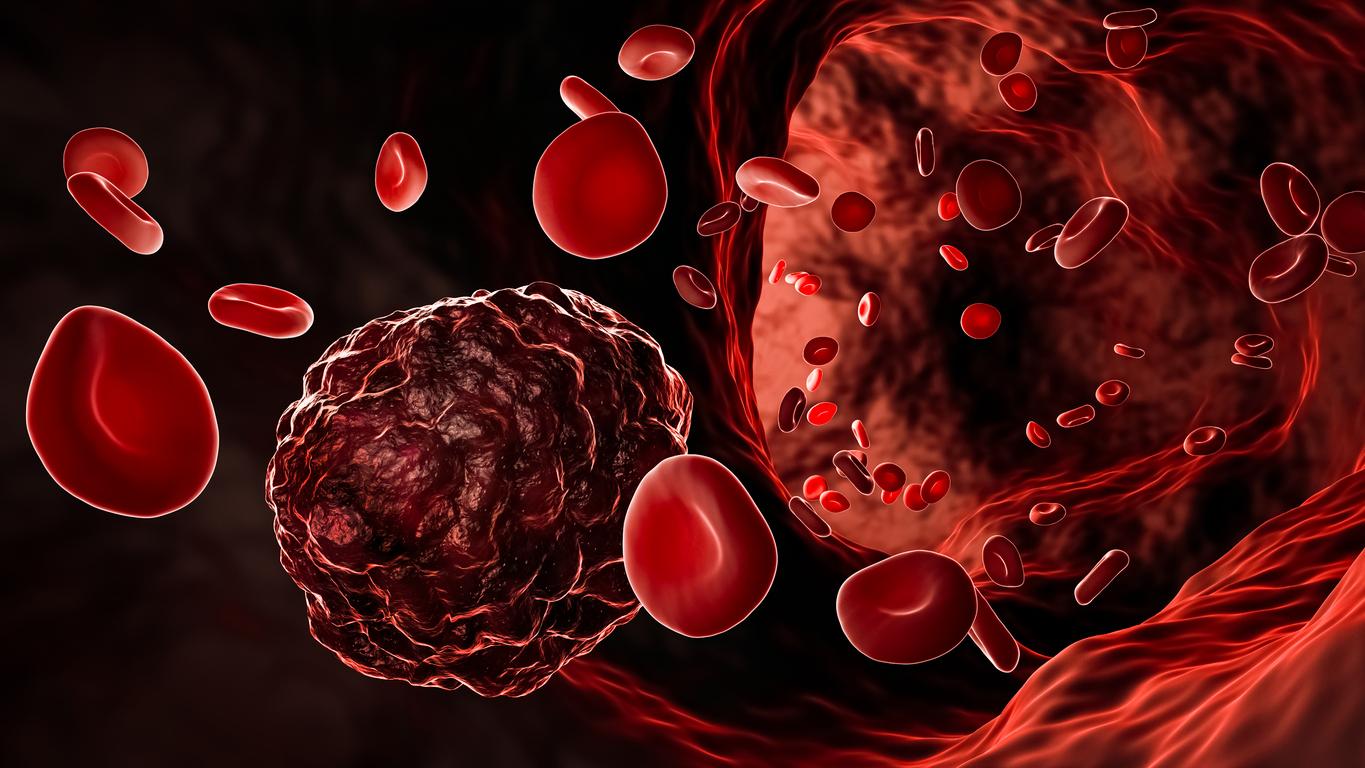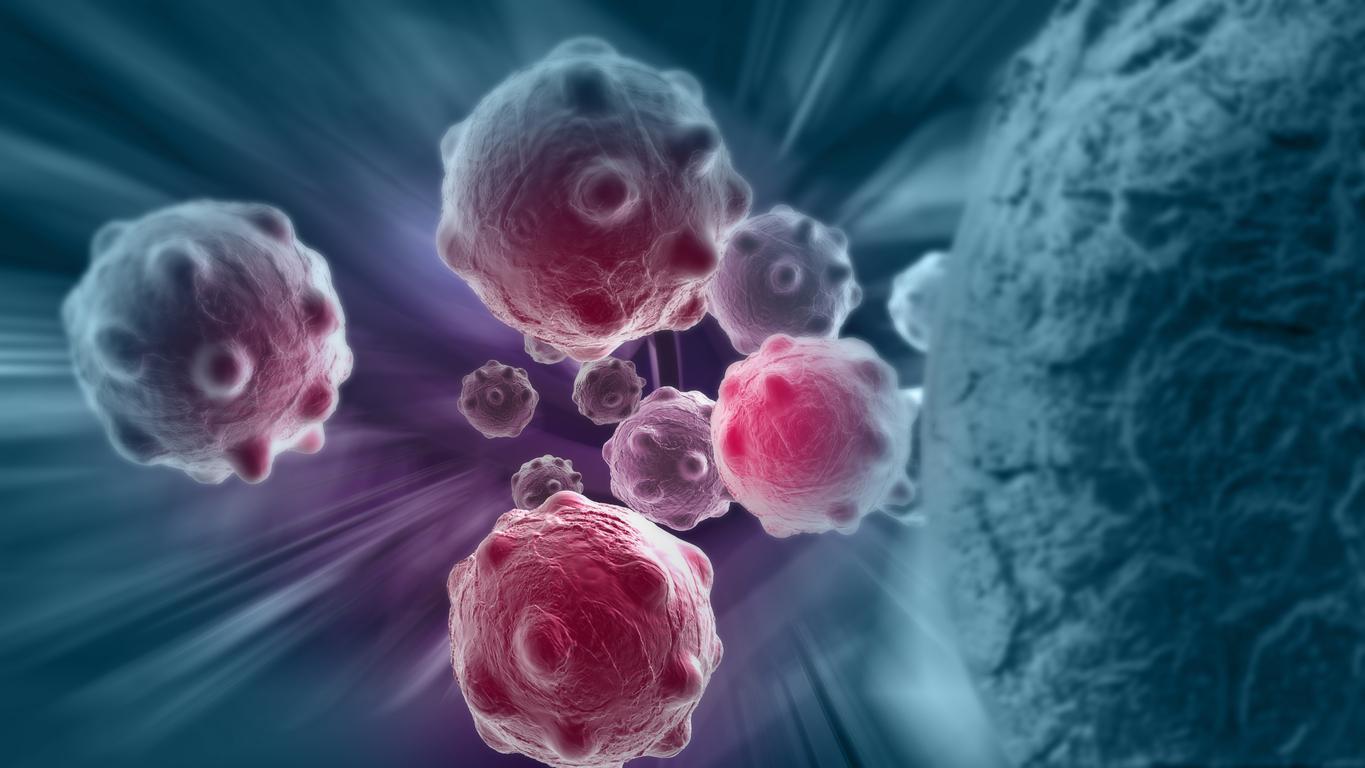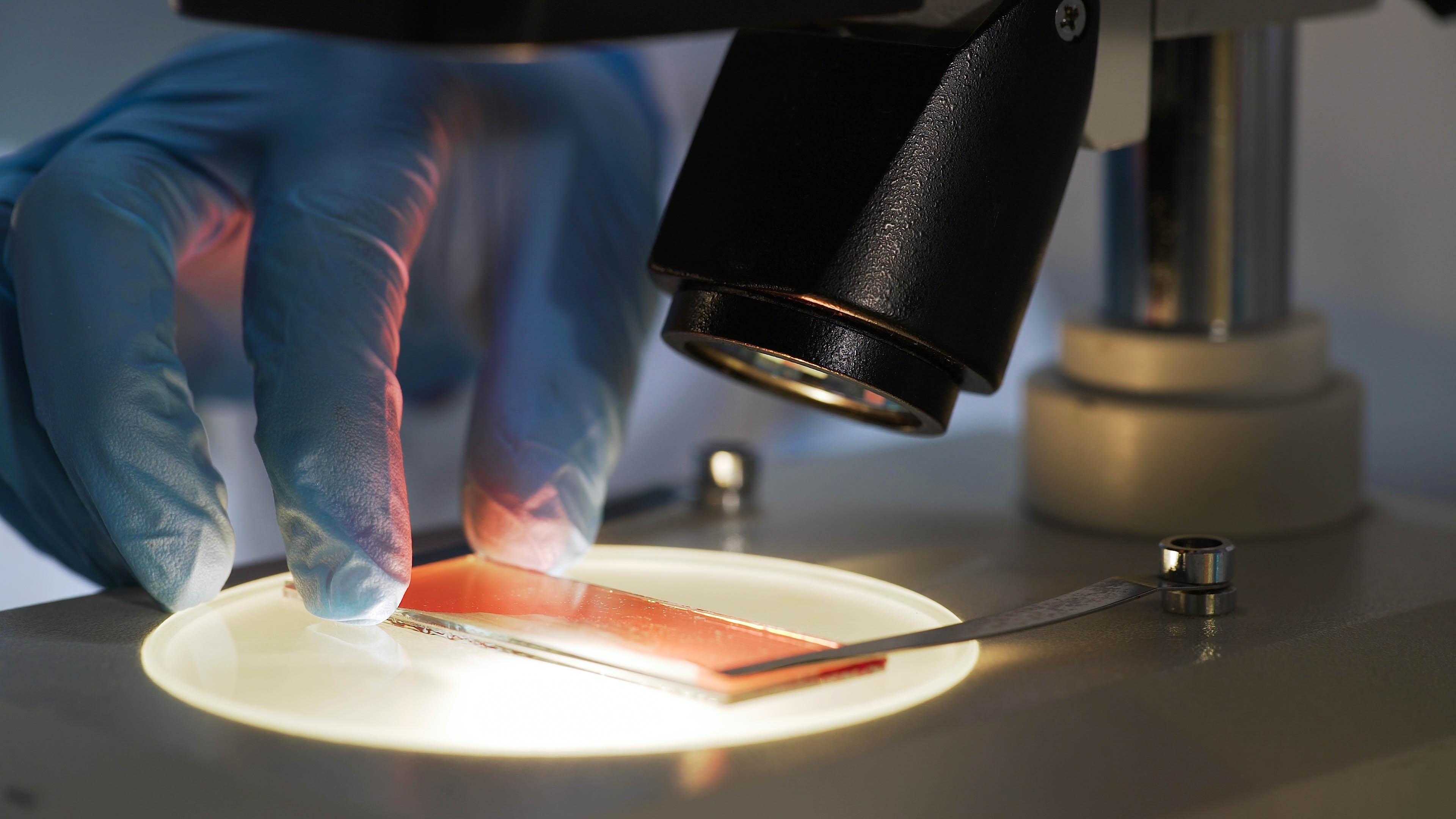Breton researchers are working to prevent the death of cells affected by diseases, using natural or synthetic molecules. Promising research that could make it possible to treat many pathologies and give a second life to diseased cells.
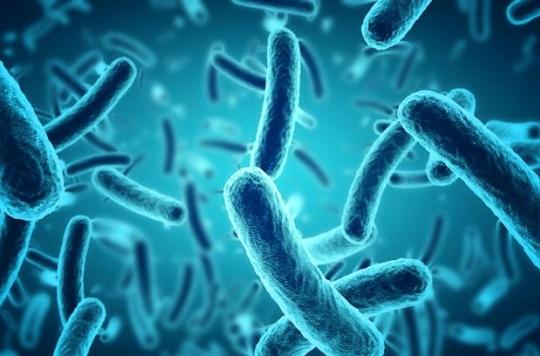
Recent work around cells has given very encouraging results. The latest “medical discovery of the year” concerns the development of a cellular treatment, called Car-T Cells, capable of overcoming certain terminal stage blood cancers. British scientists have succeeded in reversing the process linked to the aging of human cells. A French researcher believes that it will soon be possible to diagnose and treat cancer by measuring the electrical activity of our cells.
Cells saved by molecules
The work of Breton researchers aims to prevent diseased cells from dying. “With researchers from the Roscoff biological station and Inserm in Rennes, we are working on the SeaBeLife project”, explains Morgane Rousselot, doctor in biochemistry. “Our research focus is preventing cell death. This is called programmed necroptosis.”
The cells would then be saved by natural or synthetic molecules to allow diseased cells to have a second life. “We have already worked on families of natural or synthetic molecules which are capable of deprogramming cell death”, continues Claire Delehouze, engineer in biotechnology. “The process of cell death being stopped, the cells will be able to regenerate and develop again.”
Treatment of acute liver failure as a starting point
To validate this work, the researchers are interested in acute liver failure, which is characterized precisely by the destruction of liver cells. “The same principle could be applied to neurodegenerative diseases but also to cardiac pathologies”, adds Claire Delehouze.
Last December, 22-year-old Naomi Musenga died of paracetamol poisoning. Her cells then destroyed themselves, preventing her from being saved. “The paracetamol destroyed his liver cells,” explains Claire Delehouze. “She suffered from acute liver failure which is fatal in 25% of cases. One of the only solutions would have been an emergency liver transplant.”
A startup in 2019
SeaBeLife Biotech is the name of the future start-up, based in Roscoff in Brittany, which the scientists wish to create to develop their research, with the support of the BPO (Banque populaire de l’Ouest). The latter awarded them €10,000, as part of its foundation and its future projects. The startup is scheduled to see the light of day in 2019.
Funds which, along with other funding, should make it possible to begin the first animal trials in early 2019. Tests, if they prove conclusive, which could allow the marketing of a drug.
.









